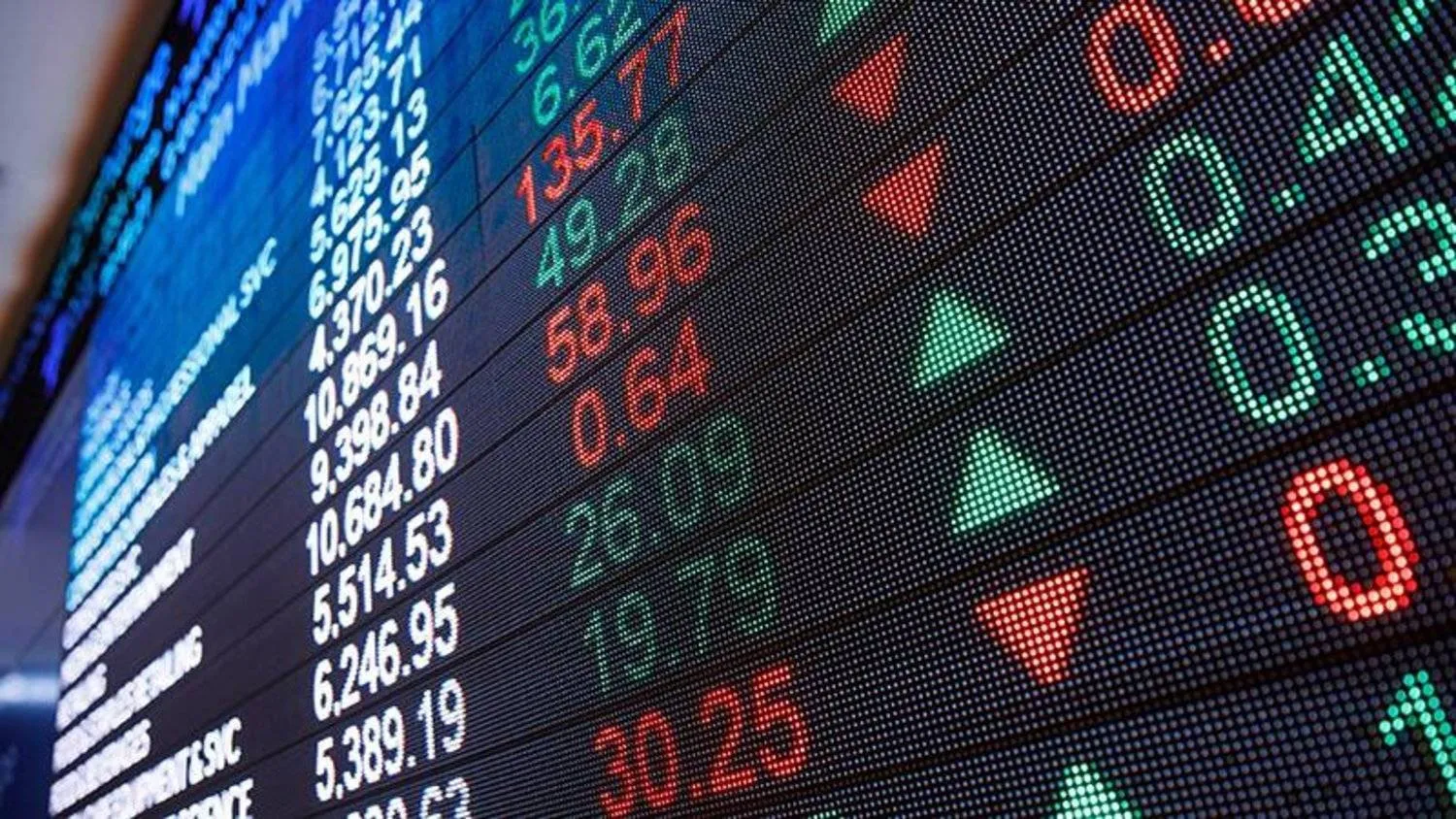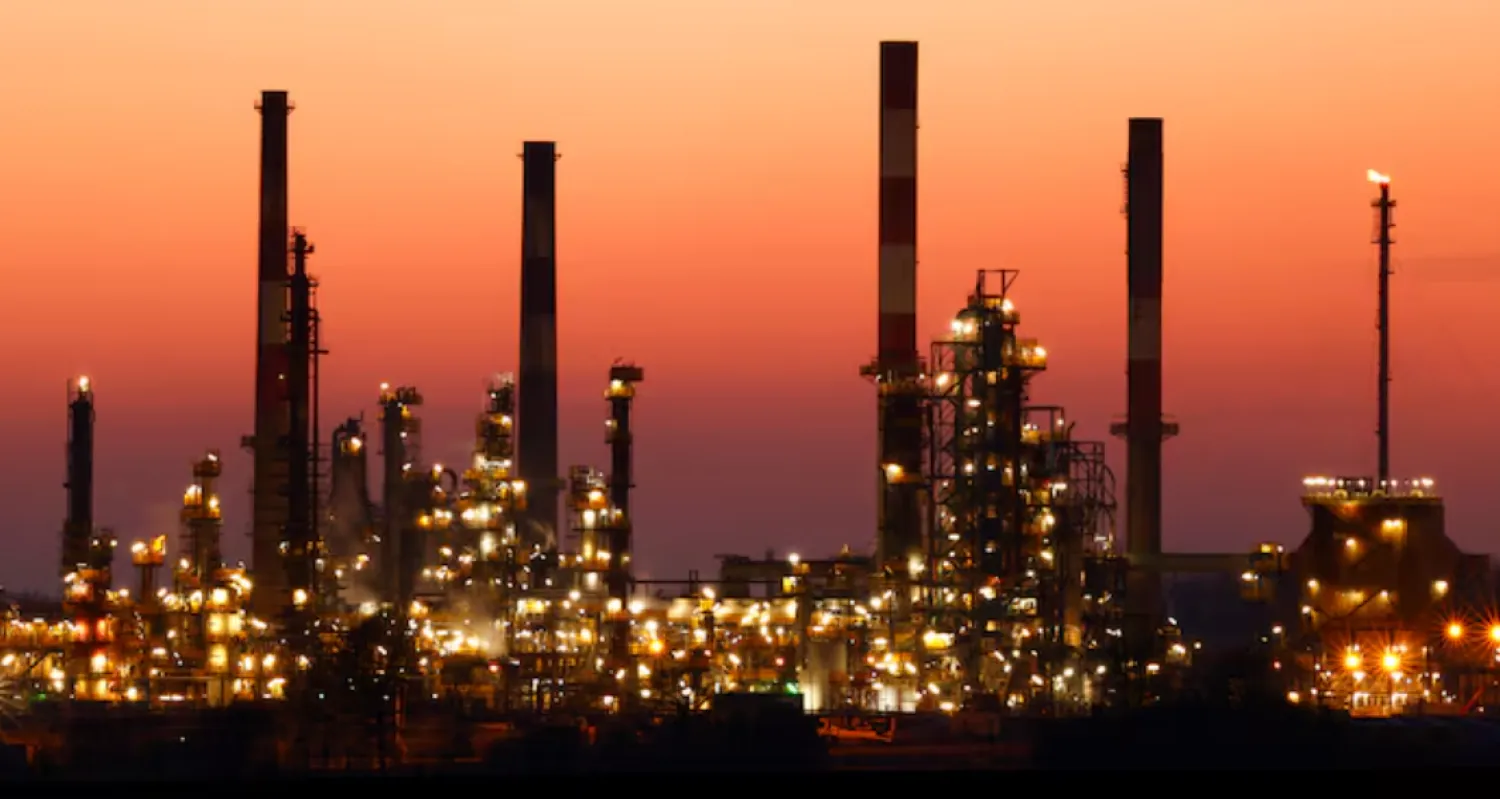Most Gulf stock markets advanced on Tuesday after Federal Reserve officials made comments easing investor jitters, following a global sell-off on fears of a possible recession in the United States.
San Francisco Federal Reserve Bank President Mary Daly said on Monday that it was too early to determine whether the July jobs report indicated a real slowdown or weakness, but emphasized that it was “critically important” for the central bank to prevent the labor market from sliding into recession.
Market expectations remain intact that the Fed will cut interest rate by 50 basis points at its September meeting, as futures indicate a 71 percent chance of this major adjustment.
The market anticipates approximately 100 basis points of easing this year, with a similar expectation for 2025.
Monetary policy in the six-member Gulf Cooperation Council is usually guided by Federal Reserve decisions, with most regional currencies linked to the dollar. The standard Saudi stock market index (TASI) rose by 2.1 percent, with the shares of the aluminum products manufacturing company Al-Tayseer Group rising by 7.1 percent.
Saudi Aramco rose by 2.4 percent, after it announced a net profit in the second quarter amounting to SAR109.01 billion ($29.04 billion), exceeding the company’s average estimate of $27.7 billion.
Dubai’s main market index jumped 2.4 percent, recovering some of its losses from Monday when it fell more than 4 percent. The shares of the leading real estate development company, Emaar Properties, advanced 4.9 percent. In Abu Dhabi, the index rose by 1.4 percent.
The Qatari benchmark index fell by 0.5 percent, with the largest bank in the Gulf, Qatar National Bank, losing 1.4 percent.









